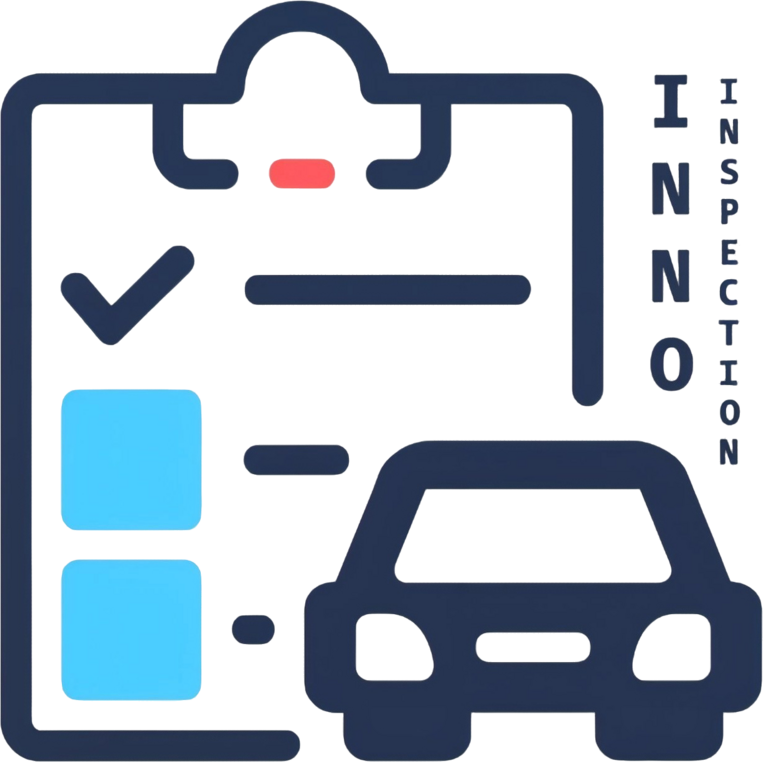Introduction
In enterprise fleet management, fuel costs represent a significant portion of operational expenses. With fluctuating fuel prices, finding ways to optimize fuel efficiency is not just beneficial—it's essential for maintaining a competitive edge. This article discusses effective strategies to reduce fuel consumption, lower costs, and enhance overall fleet performance.
Understanding Fuel Consumption in Fleet Operations
Fuel consumption is influenced by various factors, including:
- Vehicle Type: Different vehicles have varying fuel efficiencies. For instance, light-duty trucks typically consume more fuel than sedans. Understanding the fuel consumption rates of each vehicle type in your fleet can inform purchasing and operational decisions.
- Driving Behavior: As highlighted in previous articles, driver behavior plays a crucial role in fuel efficiency. Aggressive driving—characterized by rapid acceleration, hard braking, and excessive idling—can lead to increased fuel consumption, often by 30% or more.
- Route Optimization: Efficient routing minimizes unnecessary mileage and reduces fuel usage. Poorly planned routes not only waste fuel but also increase wear and tear on vehicles.
Strategies for Improving Fuel Efficiency
- Implement Telematics for Monitoring: Telematics technology allows fleet managers to track fuel consumption in real-time. By analyzing data on driving patterns, fuel usage, and vehicle performance, managers can identify areas for improvement. For example, if a specific driver consistently shows high fuel consumption, targeted training can help correct inefficient driving behaviors.
- Promote Eco-Driving Techniques: Training drivers on eco-driving practices can lead to significant fuel savings. Key techniques include:
- Maintaining Steady Speeds: Encourage drivers to use cruise control on highways to maintain a constant speed.
- Reducing Idling: Teach drivers to turn off the engine when parked for extended periods.
- Anticipating Traffic Flow: Drivers should be trained to anticipate stops and starts, which can reduce hard braking and acceleration.
- Regular Vehicle Maintenance: A well-maintained vehicle is more fuel-efficient. Poor maintenance can cause engines to work harder, leading to increased fuel consumption. Regular check-ups, proper tire inflation, and timely oil changes are essential practices to keep vehicles running efficiently. Additionally, replacing air filters can improve airflow, increasing fuel efficiency.
- Optimize Routes: Leveraging routing software can help fleet managers plan the most efficient routes. Such software takes into account real-time traffic conditions, delivery schedules, and vehicle capacity. For example, using route optimization tools can help reduce travel distances and avoid congested areas, saving both time and fuel.
- Evaluate Your Fleet Composition: Regularly assessing your fleet’s composition is crucial for operational efficiency. Consider whether your current vehicles meet your needs. Investing in more fuel-efficient vehicles or exploring alternative fuel options, such as hybrids or electric vehicles, can significantly reduce fuel costs in the long run. Additionally, downsizing your fleet by eliminating underutilized vehicles can lead to savings.
- Encourage Driver Accountability: Establish a system for tracking and reporting fuel efficiency metrics for each driver. Recognizing and rewarding those who consistently demonstrate fuel-efficient driving can motivate others to improve their habits. Consider implementing a leaderboard that showcases top performers and their achievements.
- Engage in Fuel Management Programs: Many fuel suppliers offer management programs that provide insights into fuel usage and purchasing. These programs can help fleet managers identify trends, optimize fuel procurement, and potentially negotiate better pricing based on usage patterns.
Optimizing fuel efficiency is crucial for reducing operational costs and enhancing sustainability in fleet management.
Conclusion
Optimizing fuel efficiency is crucial for reducing operational costs in enterprise fleet management. By implementing strategies focused on monitoring, training, maintenance, and evaluation, organizations can achieve significant savings while contributing to environmental sustainability.
Ready to fuel your fleet’s efficiency? Explore our resources for effective fuel management strategies tailored for enterprises today!







